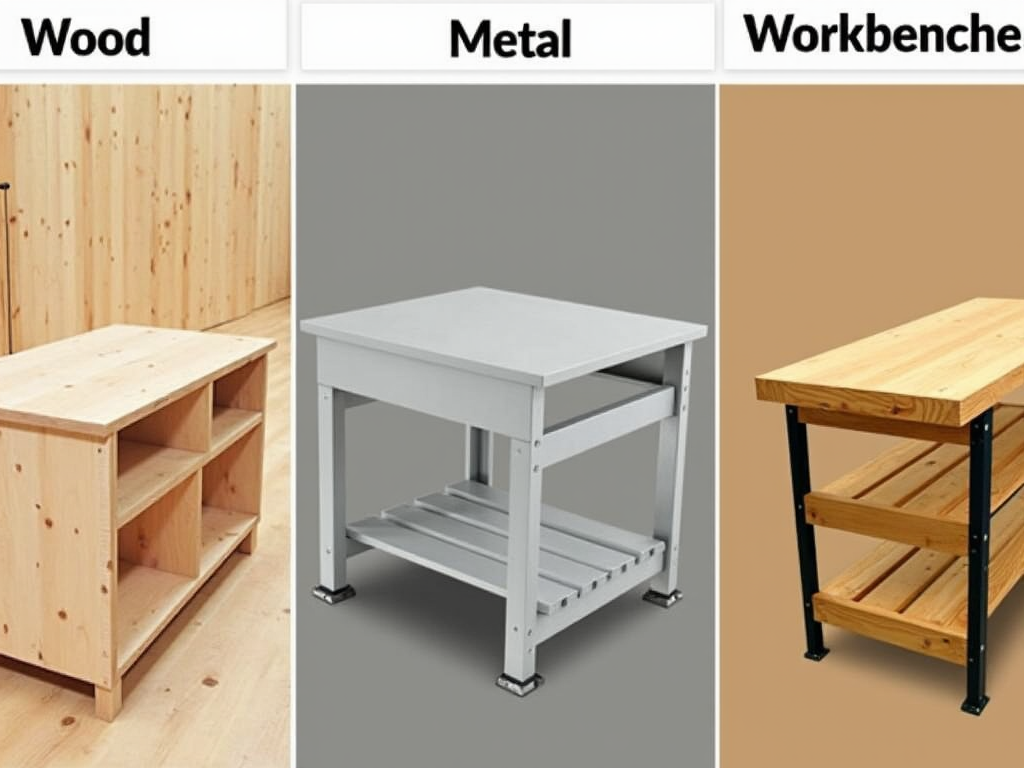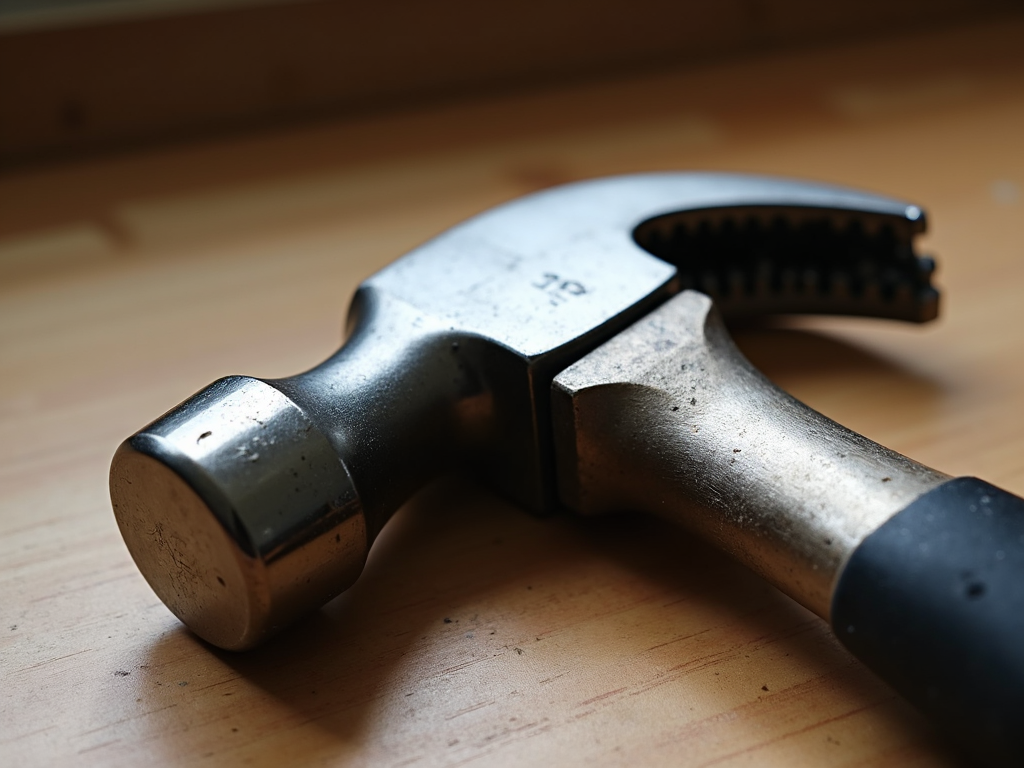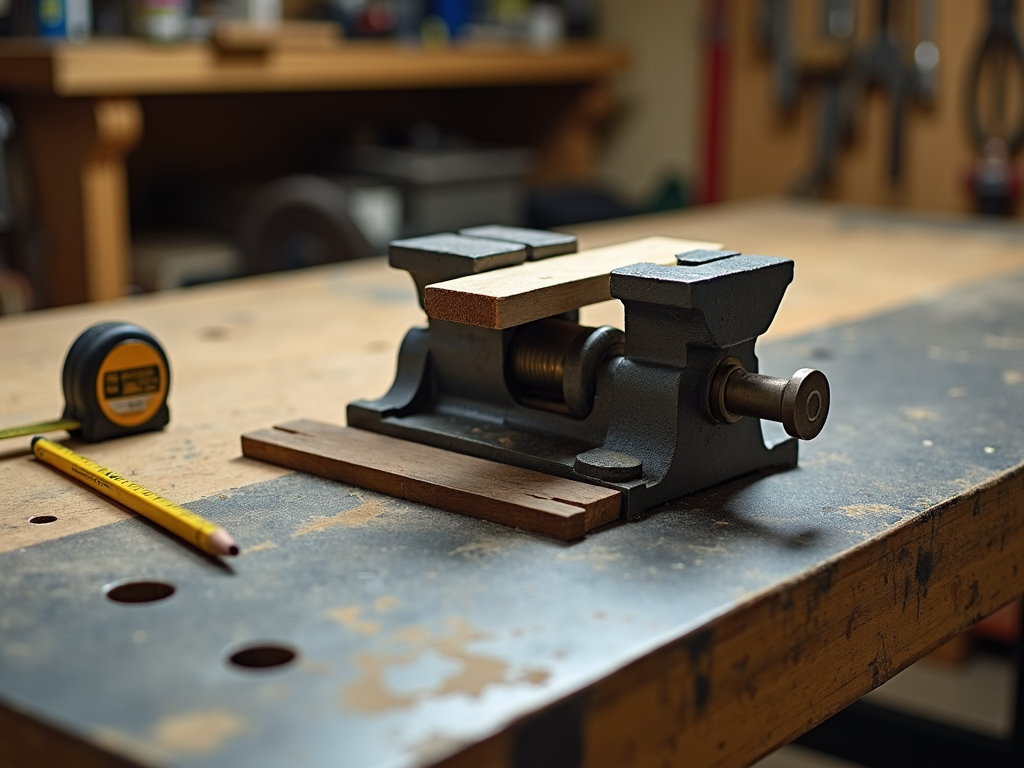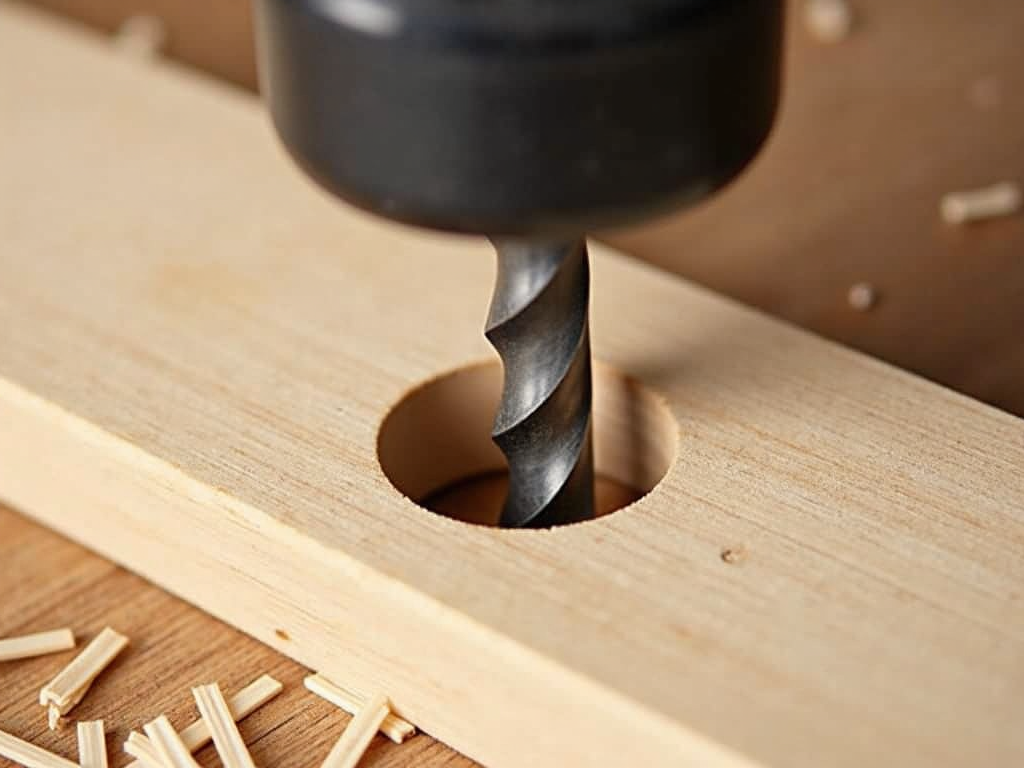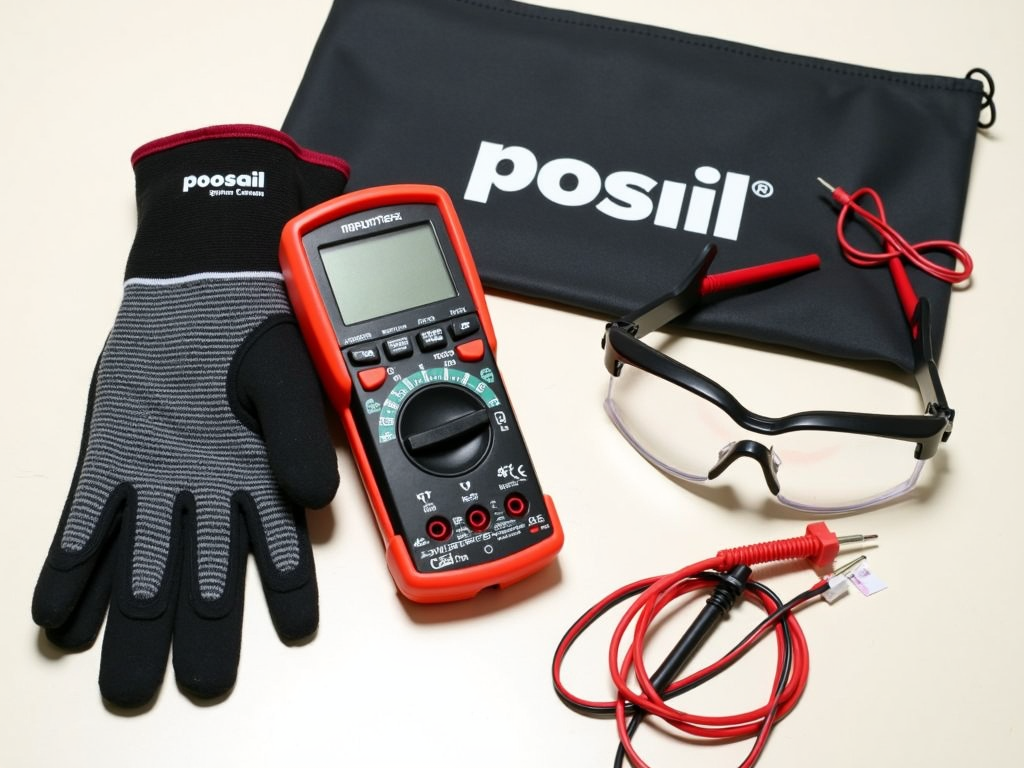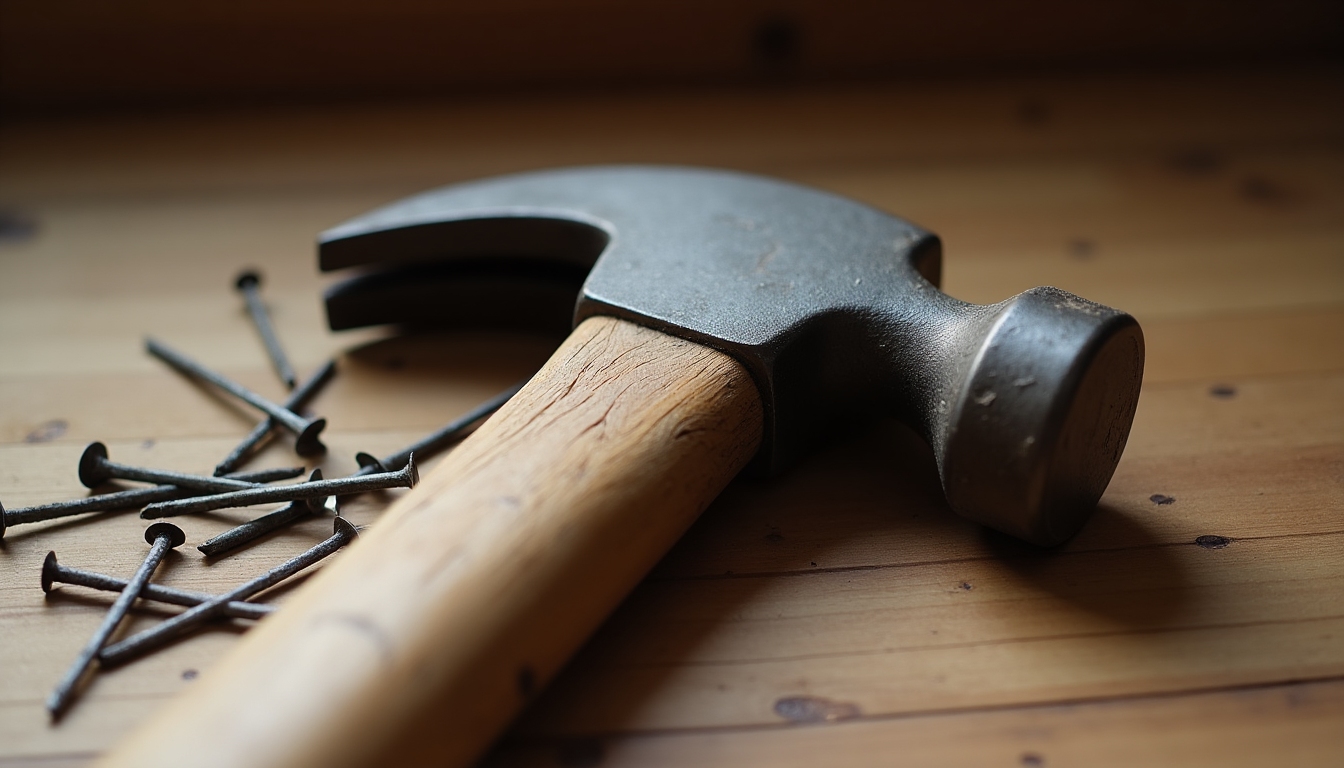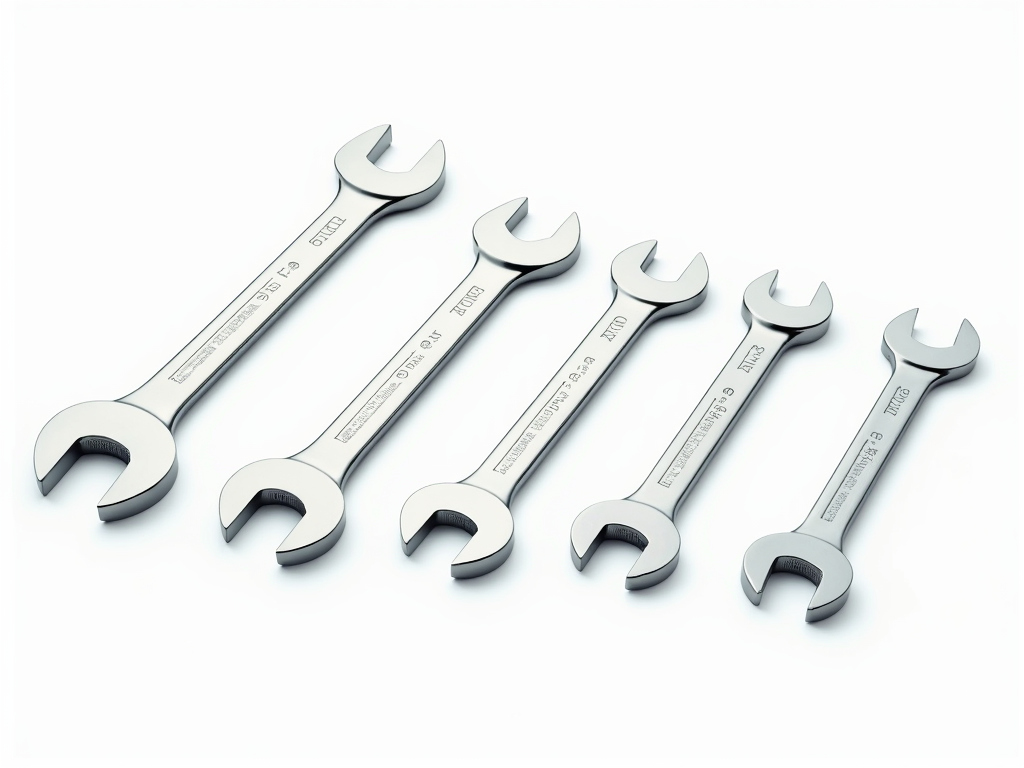Choosing the right workbench is crucial for any workshop. It affects your productivity, comfort, and the quality of your work. In this guide, we'll walk you through the key factors to consider when selecting a workbench, from size and material to features and budget.

Before you start shopping for a workbench, take a moment to assess your needs. What kind of work will you be doing? Are you a hobbyist or a professional? Do you need a lot of storage or just a sturdy surface? Answering these questions will help you narrow down your options.

Consider the space you have available. Measure the area where you plan to place the workbench. Remember to account for clearance around the bench for movement and access to tools.
If you have a small workshop, look for a workbench that maximizes vertical space. Wall-mounted or foldable benches can be great space-savers. For larger spaces, you might opt for a freestanding bench with built-in storage.
Workbenches come in various materials, each with its pros and cons. Wood is traditional and aesthetically pleasing but can be prone to wear. Metal is durable and easy to clean but might be more expensive. Consider your budget and the type of work you'll be doing when choosing the material.
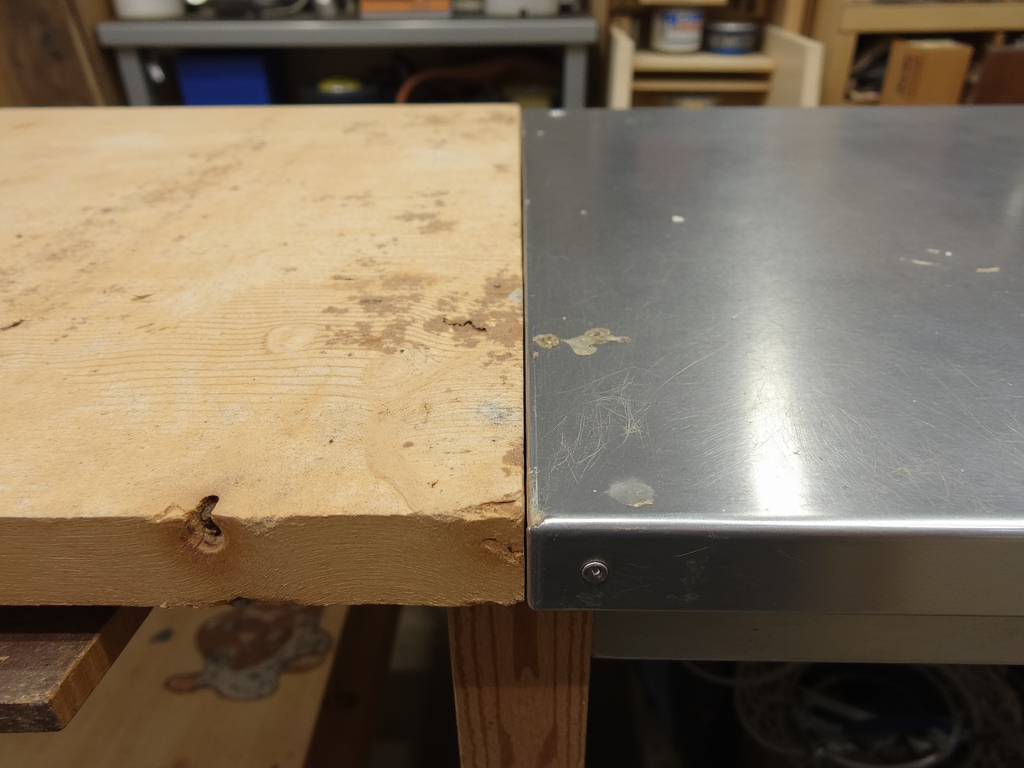
For heavy-duty work, a metal workbench might be the way to go. If you're into woodworking, a wooden bench could be more suitable. Some benches combine both materials for the best of both worlds.
Modern workbenches come with a variety of features. Look for adjustable height if you plan to work on different projects. Built-in lighting can be a game-changer for detailed work. Consider benches with integrated power outlets for convenience.

Don't forget about storage. Drawers, shelves, and pegboards can help keep your tools organized and within reach. If you work with heavy equipment, ensure the bench has a high weight capacity.
Workbenches range from budget-friendly to high-end. Set a realistic budget based on your needs and the quality you expect. Remember, a good workbench is an investment that can last for years.

While it might be tempting to go for the cheapest option, consider the long-term value. A slightly more expensive bench with better features and durability might save you money in the long run.
If you're working with limited space, organization is key. Use vertical space with wall-mounted tool racks. Invest in multi-functional tools to save space. Keep your most-used tools within arm's reach.
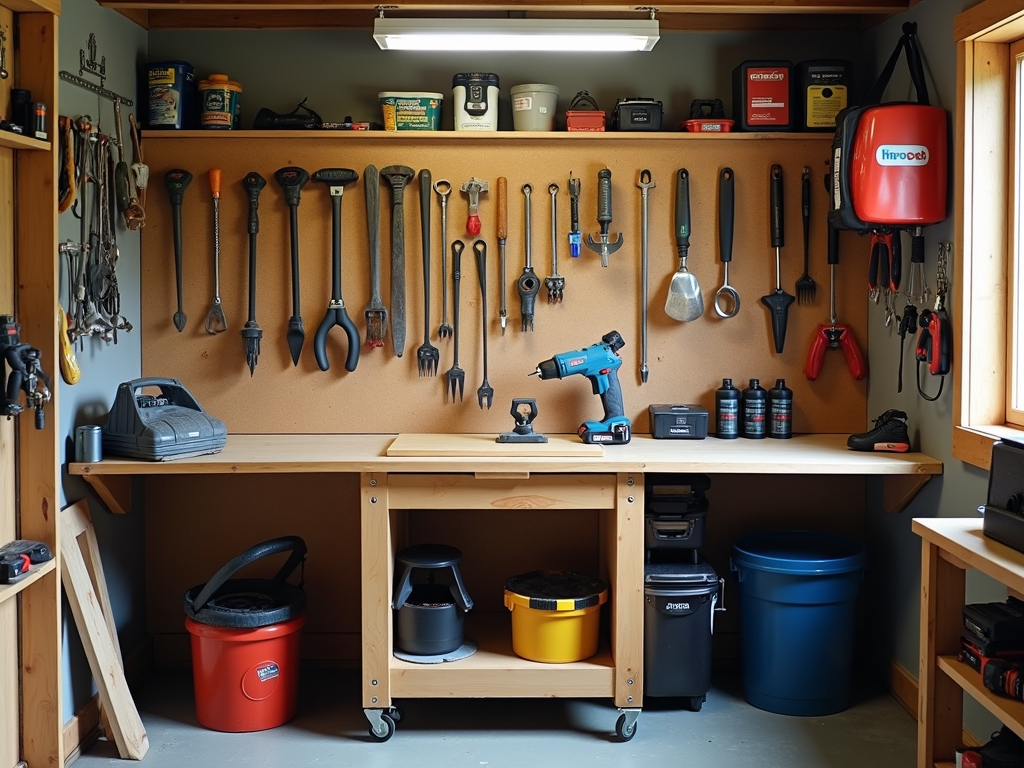
Consider a mobile workbench if you need flexibility. Wheels allow you to move the bench as needed, freeing up space when not in use.
Choosing the right workbench involves considering your space, needs, budget, and the features that will make your work easier. By following these tips, you can find a workbench that enhances your productivity and fits perfectly in your workshop.
Related How to Choose the Right Workbench for Your Space:
- Workshop Equipment Essentials: A Comprehensive Guide
- Top 10 High-Quality Workman Tools for Professionals
- How to Maintain Your Workbench: A Comprehensive Guide for Professionals and Hobbyists
- How to Choose the Right Drill Bit for Your Project
- Essential Tips for Using a Multimeter
- How to Choose the Right Socket Set for Any Job
- How to Choose the Best Hammer for Your Needs
- A Guide to Basic DIY Home Repair Tools: Focus on Hammers
- Essential Safety Gear for Every Handyman
- How to Choose the Right Wrench Size: A Comprehensive Guide
- Essential Tips for Tool Maintenance: A Comprehensive Guide
- Safety Tips Every Workman Should Know
